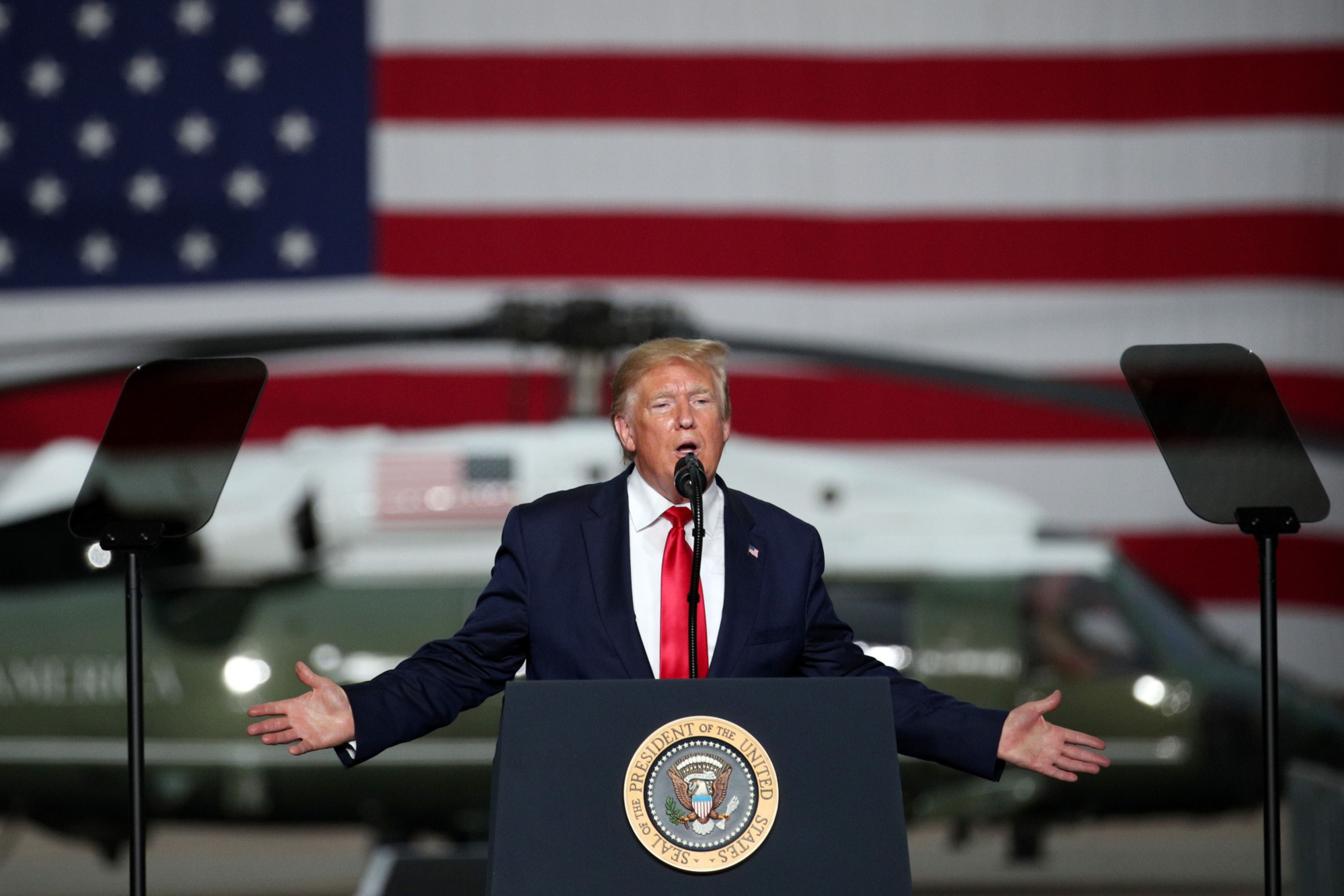Is U.S. President Donald Trump whipping America's allies into shape or is he simply using them as whipping boys? One of the longest-running debates surrounding Trump's foreign policy is whether he is strengthening U.S. alliances by demanding that allies and friends contribute more to the common defense, or weakening them by trying to extract as much money as possible from countries that depend on Washington's protection.
Trump's treatment of one U.S. ally, South Korea, has been at the center of this debate, as a result of fraught cost-sharing negotiations surrounding the American troop presence on the Korean Peninsula. It is entirely appropriate for American officials to ask, from time to time, whether a given alliance is performing as well as it should be. Unfortunately, the course of U.S.-South Korean relations over Trump's three years in office offers a case study in the wrong way to put an alliance under pressure.
Trump's distaste for the U.S.-South Korea alliance has always been a bit odd. Unlike, say, Australia, South Korea confronts a serious military threat on its doorstep, in the form of a nuclear-armed North Korea. And unlike, say, Germany, South Korea has a highly capable military and spends significantly — 2.6 percent of GDP — on defense. It is hard to think of a U.S. ally that takes its own security more seriously than South Korea. Yet Trump has nonetheless given Seoul plenty of reason to feel uncomfortable.

















With your current subscription plan you can comment on stories. However, before writing your first comment, please create a display name in the Profile section of your subscriber account page.